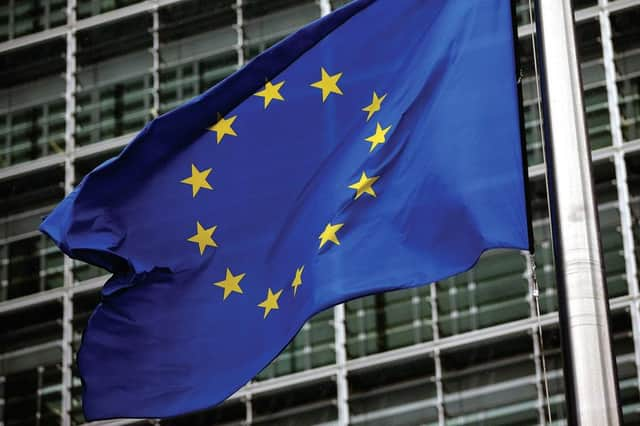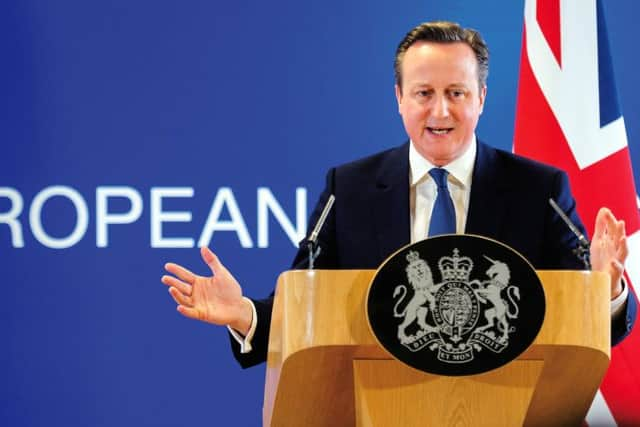1 in 3 Europeans feel discriminated against when job hunting


The survey by employment website Totaljobs found more than half of Europeans currently living in the UK moved here for work-related reasons, either for a specific job opportunity or because of the buoyant job market.
One in three of the 1,000 EU migrants questioned, said they also felt discriminated against when applying for a job in the UK.
Advertisement
Hide AdAdvertisement
Hide AdScotland is home to around 160,000 workers from other EU states, according to a 2014 Scottish Government report.


But far fewer workers north of the border were born abroad, compared to the UK as a whole.
The 2014 Labour Force Survey found 92 per cent of those employed in Scotland were born in the UK.
The remainder are evenly split, with 4 per cent born in the EU and the remaining 4 per cent from other parts of the world.
In the UK as a whole, around 16 per cent of employees were born outside the UK.


Professor David Bell of the University of Stirling said it was ‘difficult’ to see the EU membership debate in Scotland being centred on the effects of immigrants on local labour markets compared to elsewhere in the UK.
“Immigration is having a much more significant effect on employment in the rest of the UK than is the case in Scotland,” he said.
“Similarly, concessions that David Cameron may extract from other member states on migrant benefits are unlikely to have the same salience with the Scottish electorate.
Advertisement
Hide AdAdvertisement
Hide Ad“Difficult to know whether this will affect voting patterns, but there clearly this evidence points to a potential for different dynamics in the Brexit referendum north and south of the border.”
John Salt of Totaljobs said: “It’s clear from our research that European workers in the UK are unsettled by the prospect of Brexit, and this may have an impact on productivity and employee turnover rates for UK employers.
“Employers need to communicate with their employees about Brexit and seek to address any concerns they have. It is hard to predict what will happen following Brexit so employers are in a difficult position, however those who support their workforce through this uncertain time will reap the benefits.”